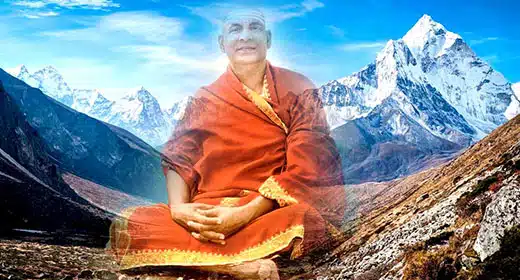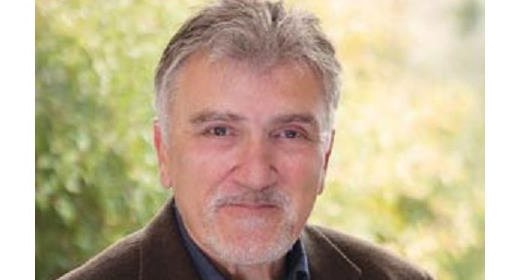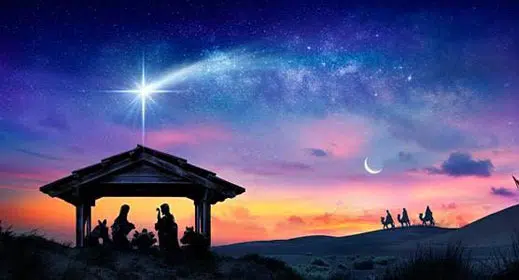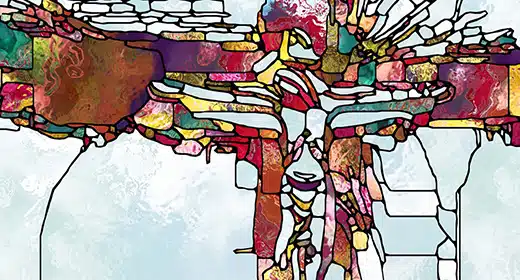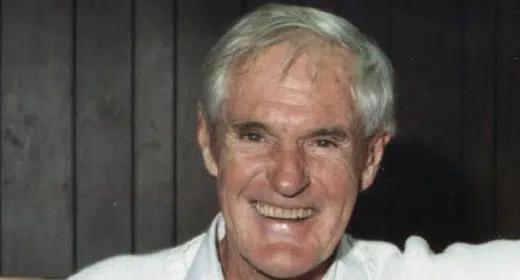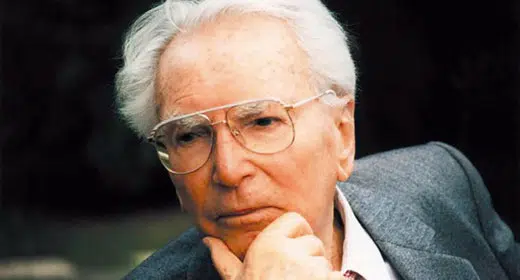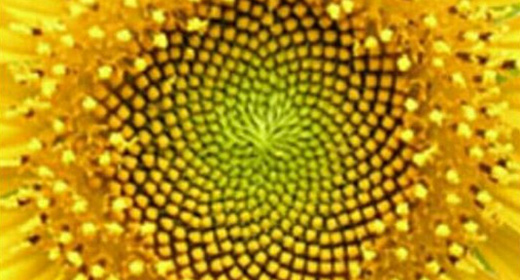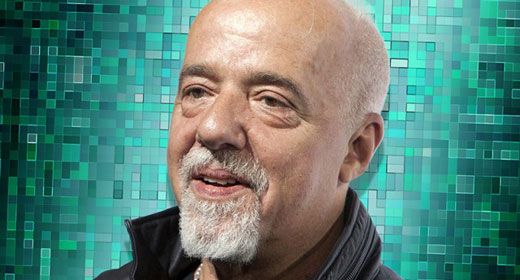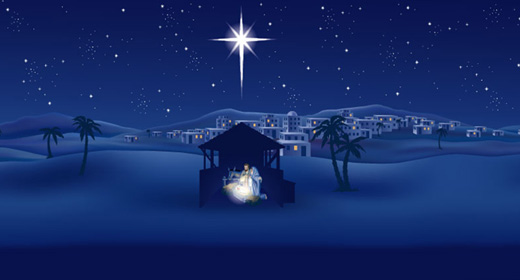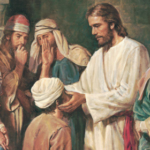by Rabbi Rami: Question – I consider myself a fundamentalist Christian, and I fear Muslims coming to America. Is Islam compatible with American values?

Rabbi Rami: If by “Islam” you mean fundamentalist Islam, the answer is no. Fundamentalisms of any stripe, including your own, are incompatible with core American values such as freedom of thought, freedom of speech, freedom of assembly, freedom of the press, freedom of and from religion, egalitarianism, universal suffrage, and equality under the law without regard to race, color, ethnicity, religion, gender, sexual orientation, marital status, familial status, pregnancy, national origin, age, and so on. Only those branches of a religion that consciously embrace American values are compatible with American values. I understand why you might fear fundamentalist Islam. I hope you can understand why I might fear your fundamentalist Christianity as well.
I’m in crisis. I’ve lost the meaning of life. How do I find it again?
Meaning is made, not found. What is found—what must be found—is joy. There are two kinds of joy: deep and cheap. Most of us settle for the cheap: a quick hit of happiness arising from some fleeting win, high, or purchase. What we need is deep joy arising from an equally deep sense of gratitude for life. You will make meaning when you find joy. You will find joy when you cultivate gratitude. There are many ways to do this. I suggest you begin by visiting Brother David Steindl-Rast’s website, gratefulness.org.
This question haunts me: If I weren’t born into my religion, would I choose to be of that religion? Would you choose to be Jewish if you weren’t born Jewish?
No. While thousands of people choose to be Jewish and find great meaning and joy in being Jewish, I suspect that I would find Judaism too complicated, tribal, and political for my taste. I don’t think I would join any religion, but rather immerse myself in the wisdom and contemplative practices of all of them, and weave my own spiritual path from them.
A couple of evangelists came to my house the other day and asked if I was worried about where I’d spend Eternity. I honestly never thought about it. Now I can’t stop worrying about it. Do you worry as well?
No. If I believed I survived death and went to heaven or hell or into another incarnation, I might worry about this, but I don’t. You and I are unique, temporary wavings of an infinite and undying “ocean” I call God. When we die, we don’t go anywhere; we simply return to the “ocean” that waves us. If I worry at all, I worry about truly knowing who I am now—a waving of God—rather than where I might be going then.
I want to have a solid spiritual grounding, but I find religion and meditation anything but fulfilling. What do you suggest I do?
My “religion” is books, and my practice is reading. To get started, I suggest you read the Gospel of Thomas, the Tao Te Ching, the Bhagavad Gita, Ecclesiastes, the Dhammapada, The Essential Rumi, the Meditations of Marcus Aurelius, Martin Buber’s The Way of Man, and Simone Weil’s Gravity and Grace. I further suggest you find a friend or two with whom to read these books and talk about what you are reading.
My elderly mother sees and converses with long-dead family members. I don’t believe in ghosts. What should I say to her about this?
Take your mom at her word. If she’s speaking with family, ask her how they’re doing and what they talked about. Invite her to tell you more about these people and the lives they lived before they died. This could be a wonderful opportunity to hear stories about your family and your mother’s life that you may never learn any other way.
I’ve been a member of the same church all my life. We just opened a gender-neutral bathroom. I think Jesus is rolling over in his grave. Is this a sign I should leave my church?
It’s a sign you should learn more about your religion. Jesus was resurrected, not buried. His grave (tomb) was empty. There is no rolling Jesus. As for leaving your church, I would wait for one of two things to happen: either your pastor stops preaching the Gospel of universal love and welcoming, or the board eliminates bathrooms altogether.
I’ve fallen into a new kind of depression: not an emotional one brought on by the conditions of my life, but an existential one brought on by the conditions of the world. It seems to me we are entering the end times. Do you agree?
Our current period is one of collapse: political, environmental, moral, and religious. As old norms crumble and new norms have yet to appear, we are thrown into a level of existential anxiety for which few of us are prepared. How to survive this shift? Simplify your life by pruning everything that doesn’t bring you joy; amplify your living by creating small communities of friends devoted to seeing one another through the coming cataclysm physically, emotionally, intellectually, and spiritually; and cultivate compassion expressed as both justice and love for all beings. Human history is a spiral. While we revisit archetypal epochs over and again, we have the capacity to do so on higher and more conscious planes (or lower and less conscious ones). Progress isn’t assured, but I am nevertheless hopeful.
I’ve been reading your column (and your books) for many years, and you seem to be so open-minded as to be almost empty-headed. What do you stand for?
I am a Jewish practitioner of Perennial Wisdom, the fourfold teaching at the mystic heart of all religions: (1) All life is a manifesting of a singular reality called by many names (God, Allah, Nature, Mother, Brahman, etc.); (2) You have an innate capacity to know yourself and all beings as a part of this reality and never apart from it; (3) Knowing your interdependence with all beings awakens you to an ethic of justice and love for each being; and (4) Knowing reality and living this ethic is your highest calling.

